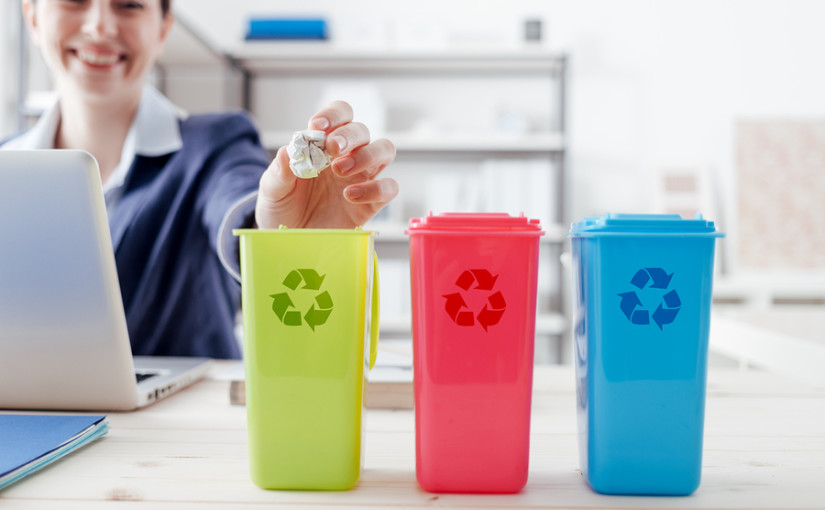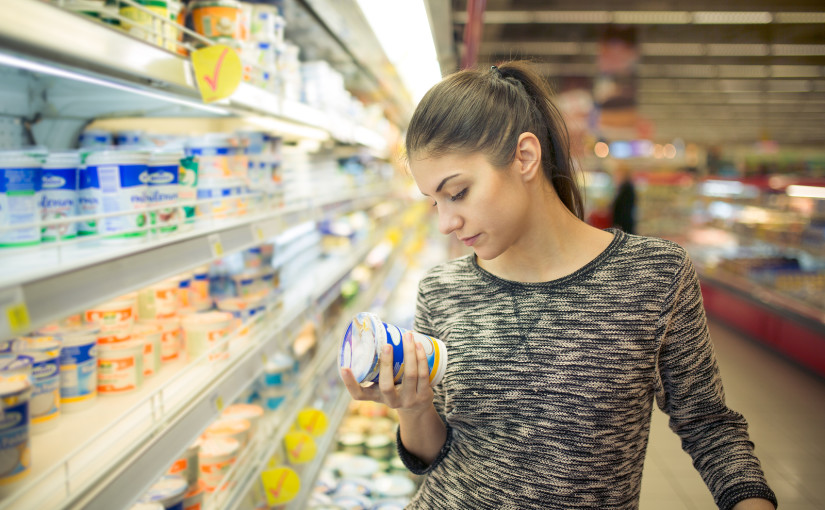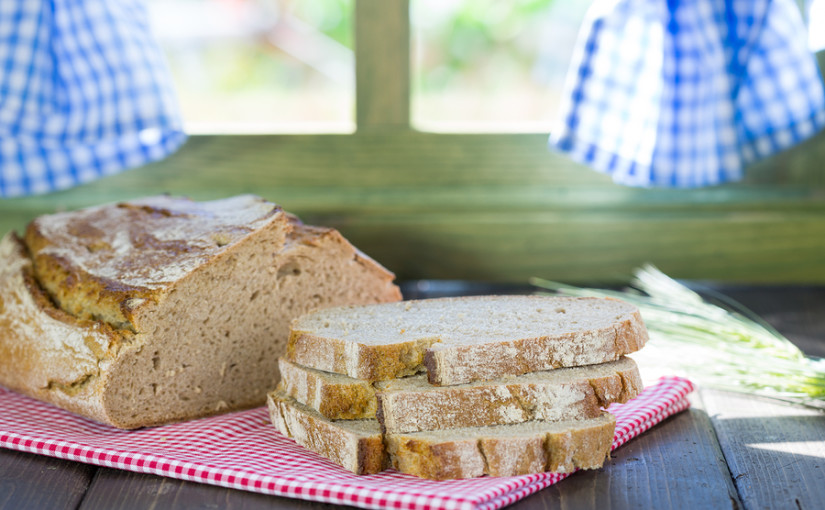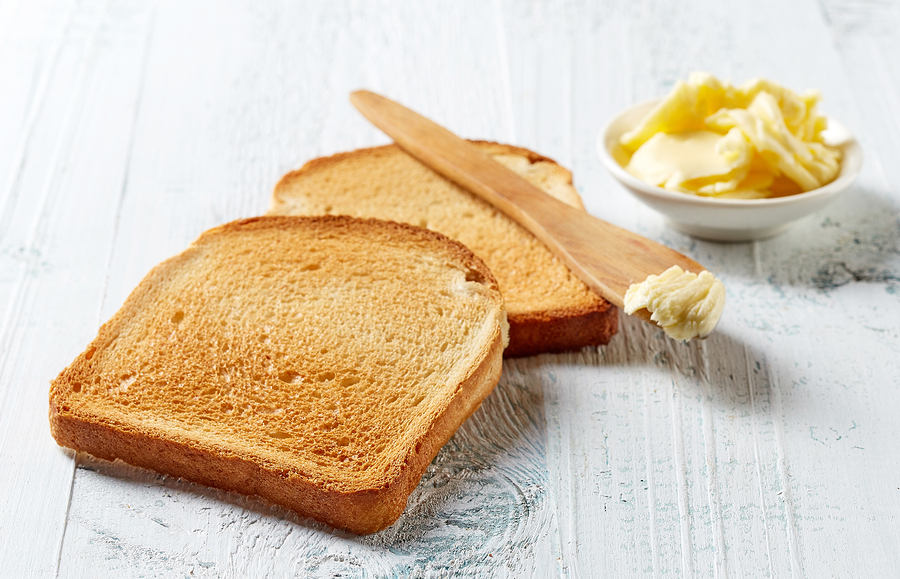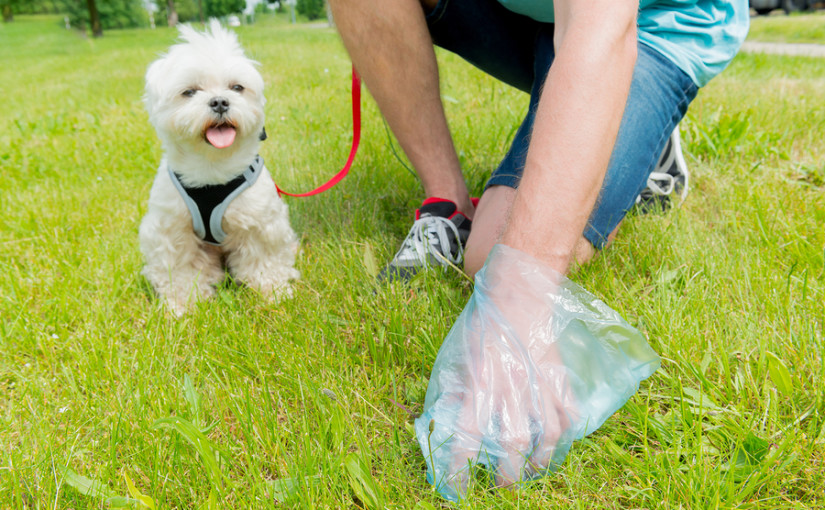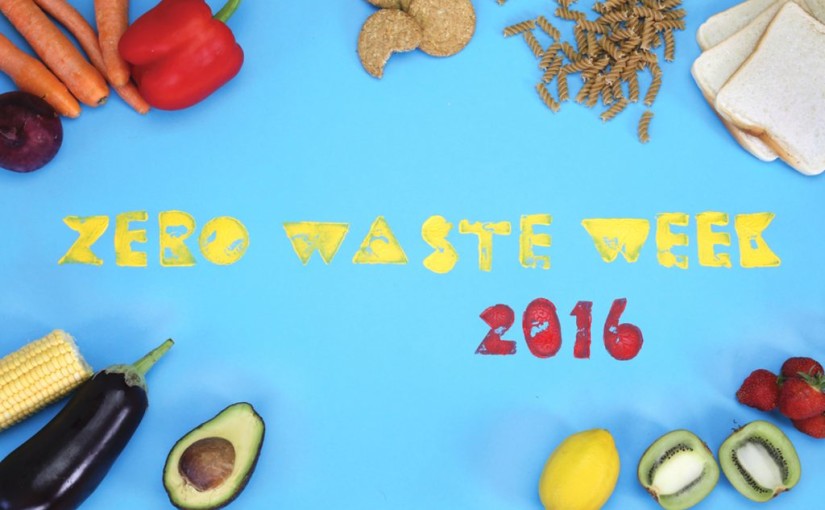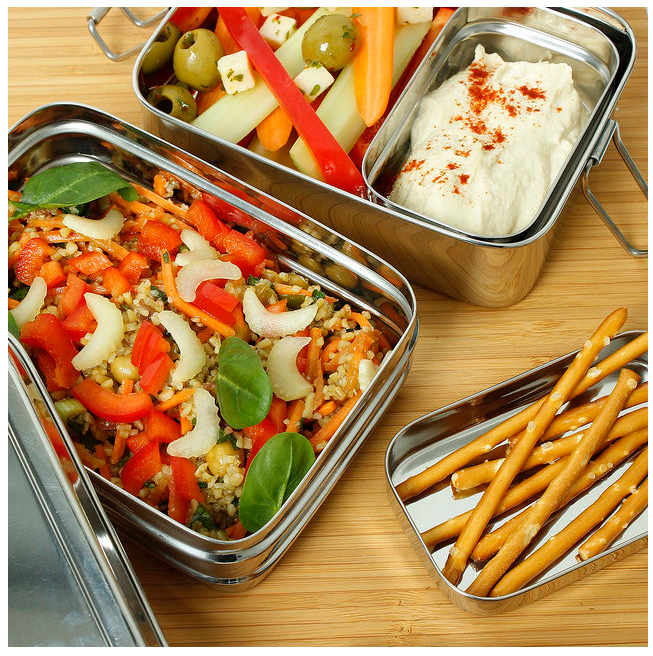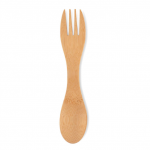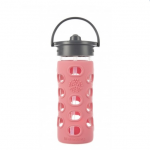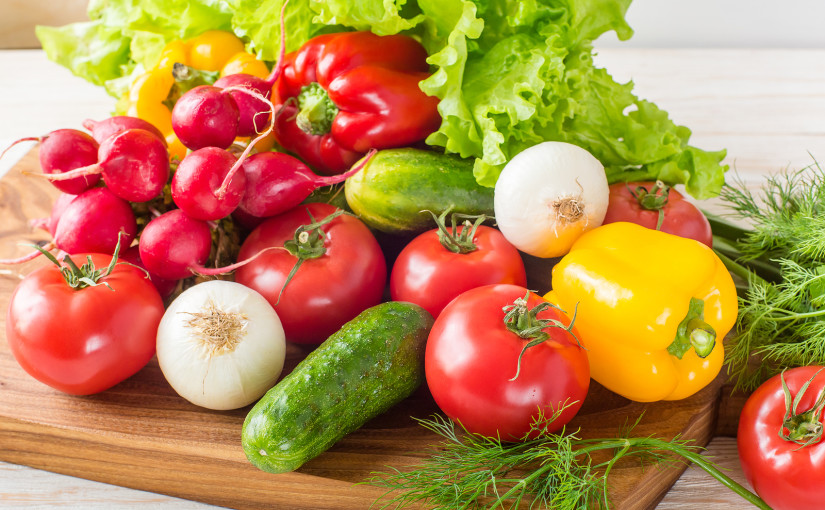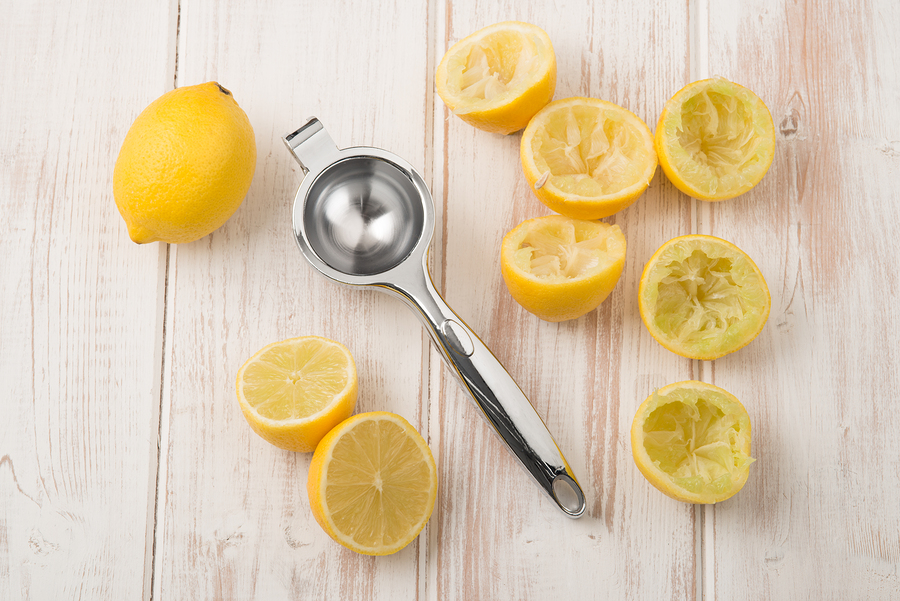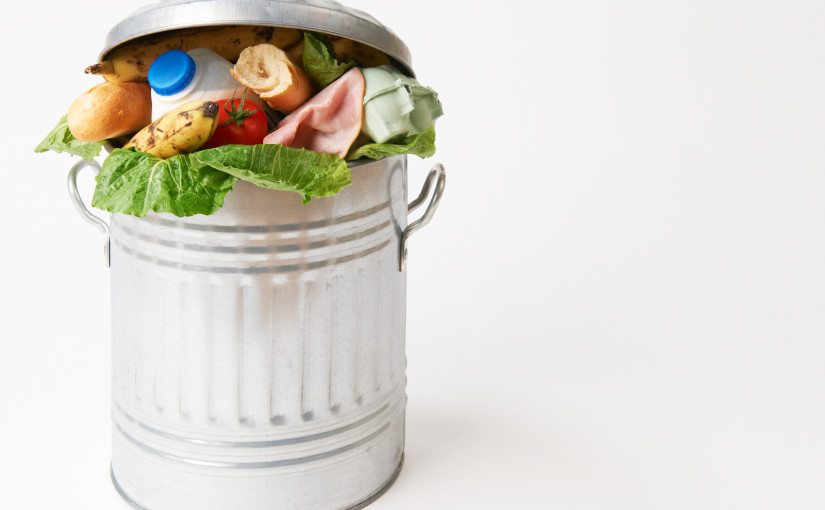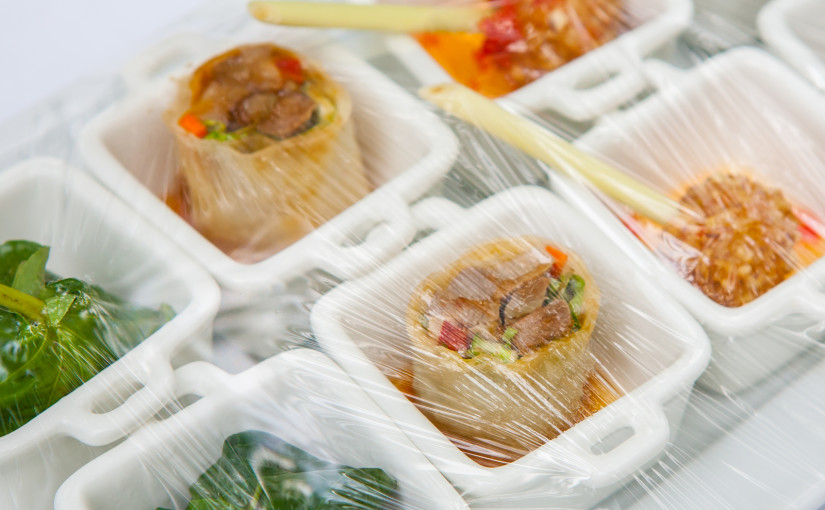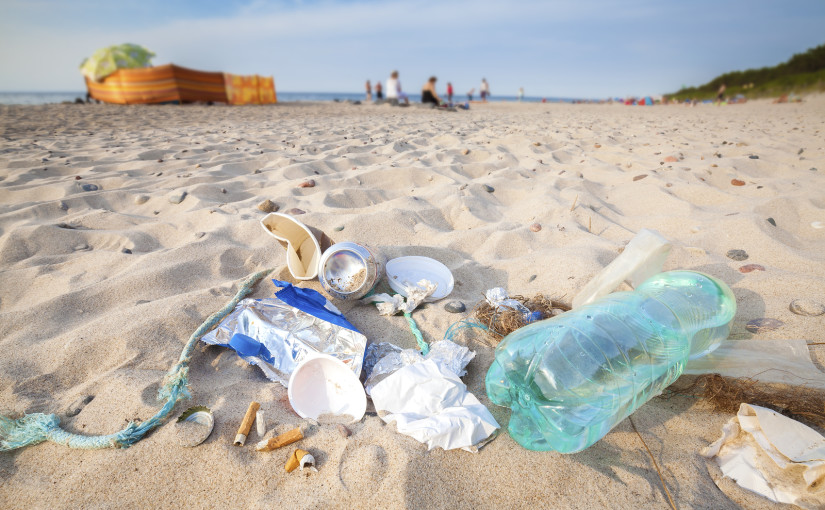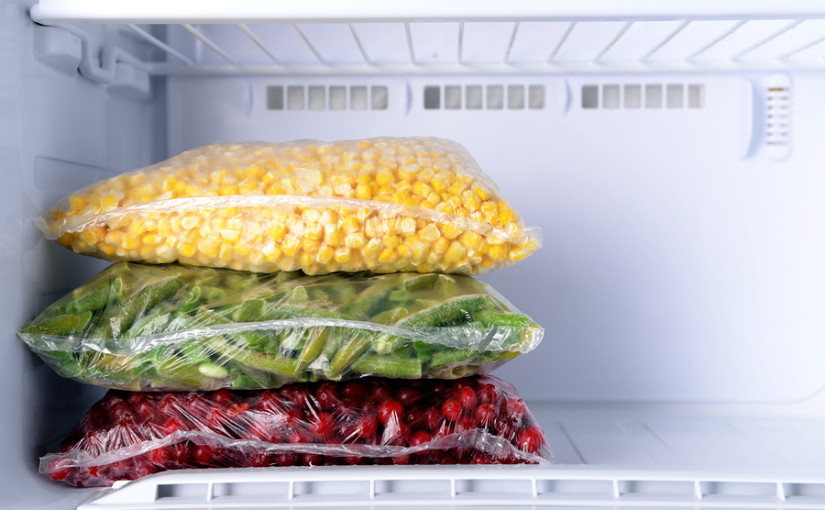While many of us are becoming more conscious of what we waste at home, and are making efforts to improve on this, work environments are often left behind when it comes to environmentally-friendly practices. Offices in particular can be fairly habitual environments, where things don’t change very much from year to year, and waste-related actions are certainly included in this stagnancy.
In this article I’ll give you some ideas to suggest to your boss, or implement if you are the boss, for creating a low waste or zero waste workplace.
- Stop using the printer
Do you really need to print anything? Probably not. Stop printing documents out altogether, or if that’s truly not an option in your sector, then consider printing on recycled paper, and printing on both sides. Reduce your page margins, and print in black and white draft mode, unless it is an important document. Purchase refillable ink cartridges and you can sell your empties back to certain companies too, to be recycled. If you scan a document, save it as a file instead of printing it out. And if you post letters out, then switch to smaller envelopes: this will use less paper, and might also save the company money on postage.
